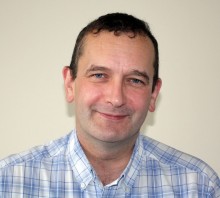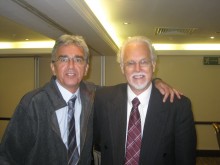 Wired In To Recovery (WITR) ran for over four years between 2008 and 2012, attracting over 4,000 community members. A key element of this online recovery community was blogging, providing the opportunity for people from all walks of life to describe their experiences and express this views. The site comprised over 7,500 blogs (from 1,000 bloggers) and 35,000 comments.
Wired In To Recovery (WITR) ran for over four years between 2008 and 2012, attracting over 4,000 community members. A key element of this online recovery community was blogging, providing the opportunity for people from all walks of life to describe their experiences and express this views. The site comprised over 7,500 blogs (from 1,000 bloggers) and 35,000 comments.
When I was developing WITR, I rationalised that by providing people with the opportunity for people to blog, I would accumulate a wealth of information about the lived experience of addiction and recovery, the needs of recovering people, personal views about the care system, etc.






